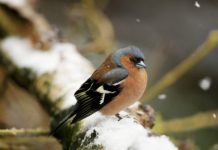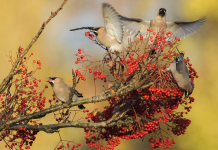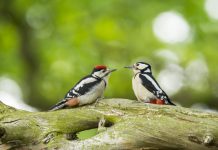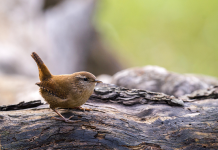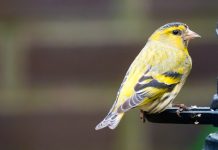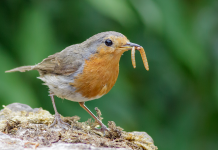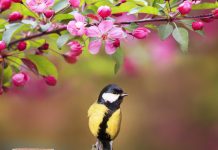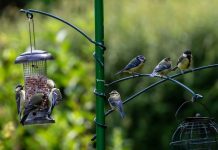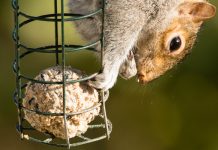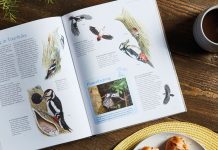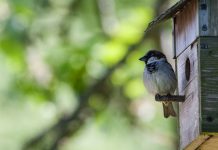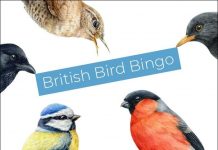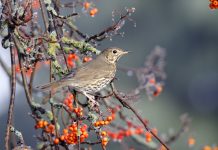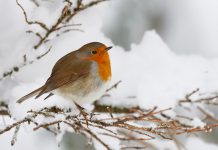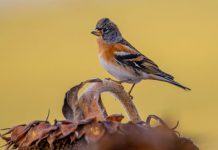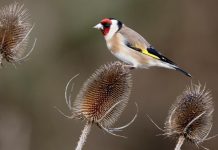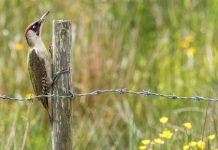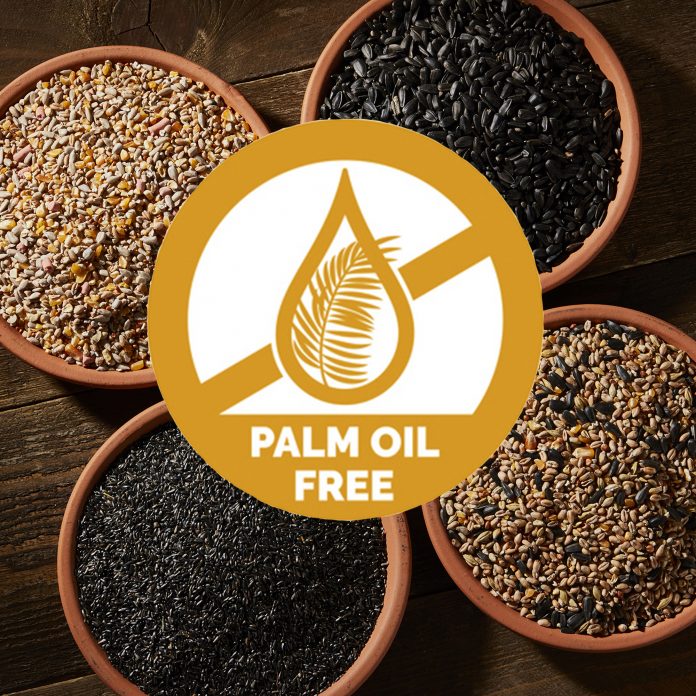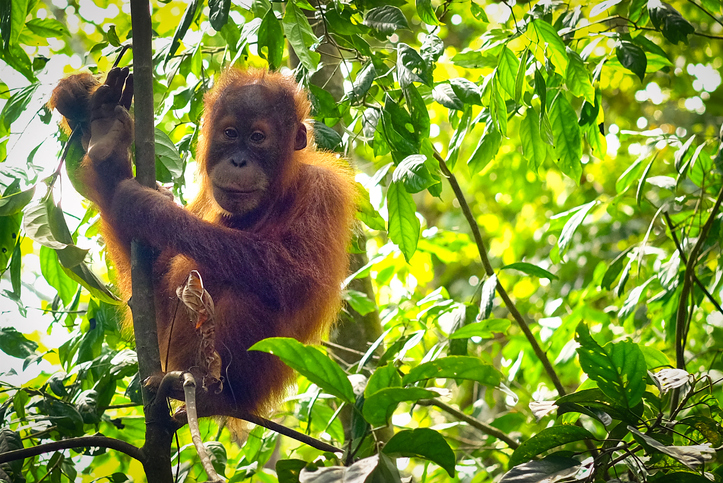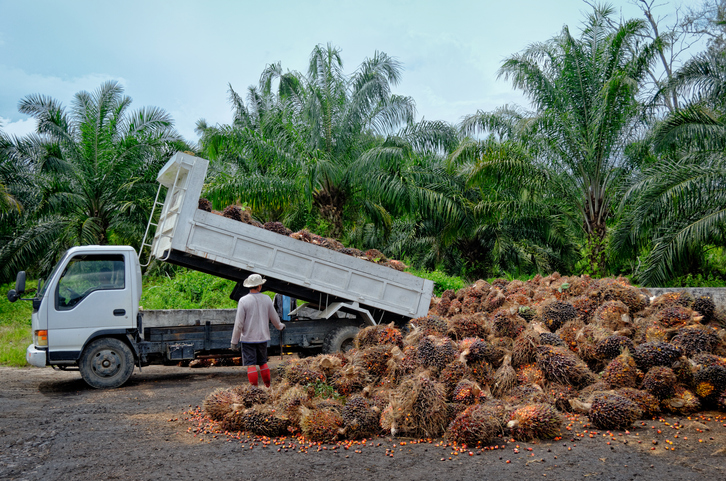Here at Happy Beaks, we’re proud to say that all of our products are 100% palm oil free. Any oils in our mixes of wild bird seed are derived from the oils naturally occurring in the seeds themselves; sunflower oil being produced from crushed sunflower seeds, rapeseed oil being produced from crushed rapeseed. Totally natural, and completely wildlife friendly.
But what is palm oil, and why is it so bad for the environment?
What is palm oil?
It’s a controversial talking point these days, and it’s said to be in at least 50% of supermarket foods. An edible vegetable oil that is harvested from the fruit of palm trees, there are actually two types of palm oil; crude oil, which comes from squeezing the flesh of the fruit, and palm kernel oil which comes from crushing the fruit’s kernel (stone).
Just over 100 years ago, palm trees were brought to South-East Asia from Africa where they were grown as an ornamental crop, but now Indonesia and Malaysia create 85% of the global supply with 42 other countries making up the remainder.
What is palm oil in?
Literally almost everything. In fact, it’s so widespread that the chances are that you’ve probably brought something containing palm oil without even realising it. It can be found in some lipsticks, detergents, soaps and even bread and chocolate! This is proof of the versatility of palm oil which, paired with its low cost, is how it has ended up being so widely used.
Why is it so controversial?
This is majoritively because of the deforestation that is caused with the harvesting of palm oil. Through destroying rainforests and biodiversity, wild orangutan populations in particular have suffered greatly because of palm oil production, and have sadly seen 80% of their natural habitat destroyed over the last 20 years. Other species that have seen a decline in numbers due to palm oil production include the pygmy elephant and the Sumatran rhino.
Sustainability
In 2004, The Roundtable of Sustainable Palm Oil (RSPO) was formed following increasing concerns about the impact of palm oil production on the environment. They formed a production standard that sets best practices for producing and sourcing palm oil, using only sustainable sources, and this standard is now followed by the majority of the global industry.
What is being done about it?
In 2012, the government recognised that the UK were a part of the palm oil problem, and set a commitment for 100% of the palm oil used in the country to be from sustainable sources that don’t harm wildlife or destroy natural habitats. In 2016, 75% of the total palm oil imports to the UK were recorded from sustainable sources, and this figure continues to grow year by year.
What can you do to help?
Deforestation and the impact on wildlife are the reason why you’ll never find any palm oil in any Happy Beaks products. The biggest thing you can do to make a difference is to shop responsibly, looking for products that are totally palm oil free, or that are RSPO certified. By doing this you’re ensuring that no wildlife has been harmed and that any palm oil that is listed in the ingredients has come from a sustainable source.


